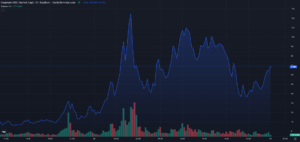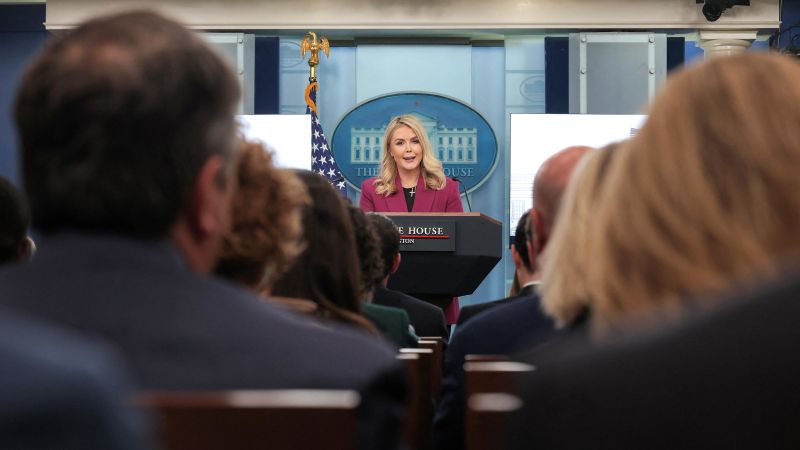The recent halt of Linea’s blockchain has ignited discussions about its commitment to decentralization as an Ethereum Layer-2 (L2) solution.
Significant security concerns drove the decision, and industry experts weighed in on the implications for the project’s decentralized future.
Linea’s Effort in Balancing Decentralization and Security
Following Linea’s decision to halt block production, Alex Gluchowski, CEO of Matter Labs, emphasized the importance of decentralization in L2 projects. He noted that central control could undermine the principles that Ethereum L2 projects aim to uphold.
“Decentralizing the sequencer isn’t optional. Every serious L2 stack must race to do first,” he said.
Responding to Gluchowski’s statement, Declan Fox, the Product Lead at Linea, asserted their commitment to decentralizing all aspects of their network. Fox expressed confidence in their progress despite being a newer project compared to others.
Read more: Layer-2 Crypto Projects for 2024: The Top Picks
“Agree that decentralization is not an option. Linea is on a solid path to decentralizing all aspects of the network in a very aggressive time window. Given that many Rollup frameworks more than 2 years older than us are no further ahead, I’m pretty delighted with our pace,” Fox stated.
The Linea team also affirmed its commitment to decentralize its network, including the sequencer. They highlighted that achieving a decentralized, censorship-resistant environment would prevent them from halting block production or censoring addresses in the future.
“Linea’s goal is to decentralize our network—including the sequencer. When our network matures to a decentralized, censorship-resistant environment, Linea’s team will no longer have the ability to halt block production and censor addresses—this is a primary goal of our network. Most L2s, including Linea, still rely on centralized technical operations, which can be leveraged to protect ecosystem participants. Linea’s core value is a permissionless, censorship-resistant environment, so it was not a decision we took lightly,” the team wrote.
Linea stopped its blockchain activities after a security breach occurred on Velocore, a decentralized exchange (DEX) that operates on its network. The breach led to the unauthorized transfer of $2.6 million from the Linea network via an undisclosed bridge service.
Linea suspended its sequencer to prevent the attacker from illegally moving more assets, as they could not reach the Velocore exchange team in time. Additionally, Linea blocked the hacker’s addresses to minimize the impact on its users.
Linea defended its actions, stating that the hacker was starting to sell a significant amount of tokens for ETH. This could have led to additional user problems beyond the liquidity pool-draining exploit.
Despite the controversy, Yu Xian, founder of cybersecurity firm SlowMist, defended the suspension. He argued that it was plausible considering the project’s early stage. Furthermore, Xian stressed the importance of ensuring robust security before achieving full decentralization.
“Choosing to suspend itself and blacklist the L2 of the relevant address to stop the loss of an ecological project being hacked is understandable in the early stage, but it will become more and more impossible as time goes by. The challenges of security and trust are so great,” Xian opined.
Read more: Crypto Project Security: A Guide to Early Threat Detection
Throughout history, there have been cases where developers have temporarily stopped their blockchain operations in response to major security breaches. For instance, in 2022, Binance’s BNB Chain was halted in response to a debilitating bridge hack worth $566 million. Despite the debate, many regard these measures as essential to safeguard the network’s integrity and user security.
The post Linea Blockchain Halt Triggers Debate on Decentralization vs. Security appeared first on BeInCrypto.





